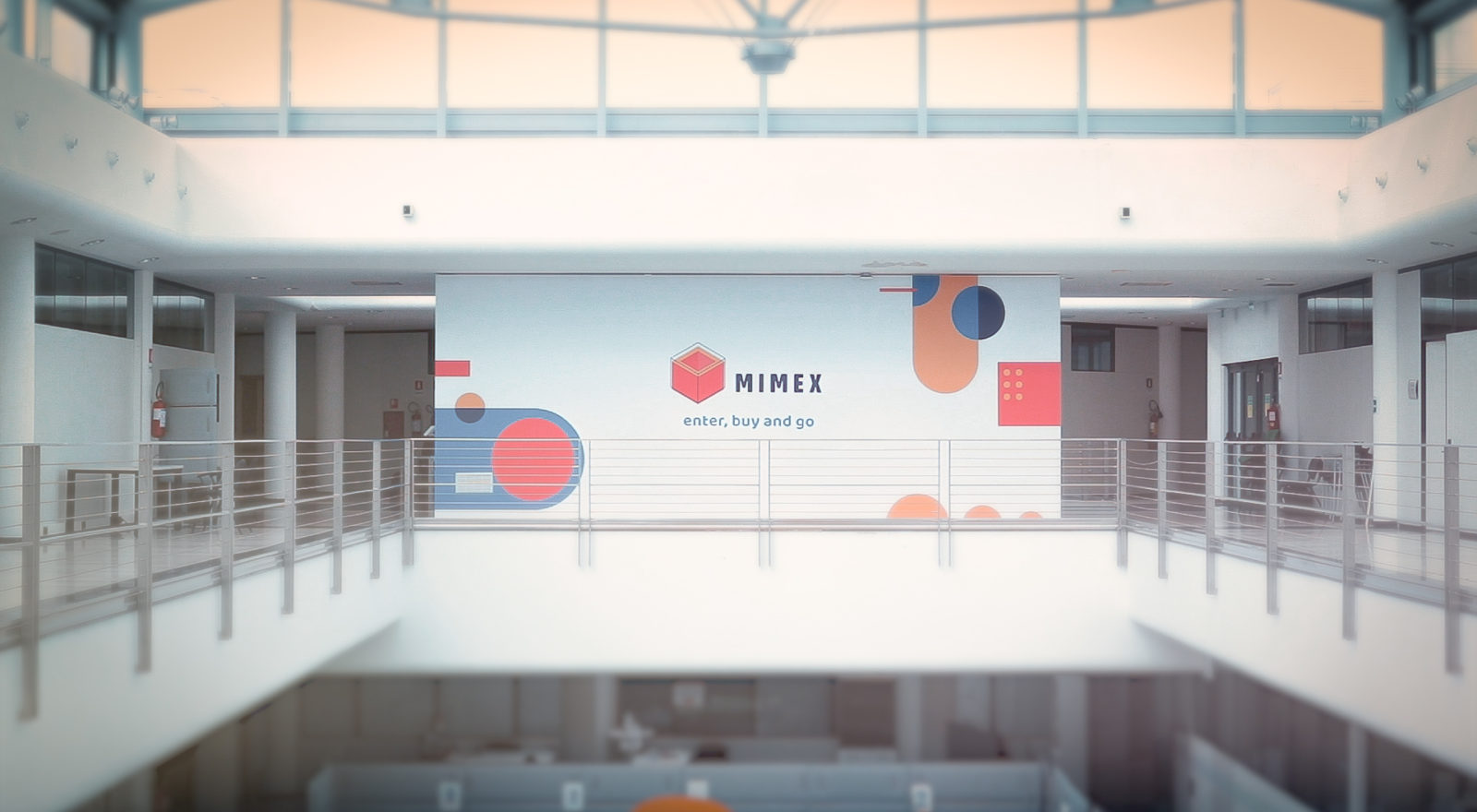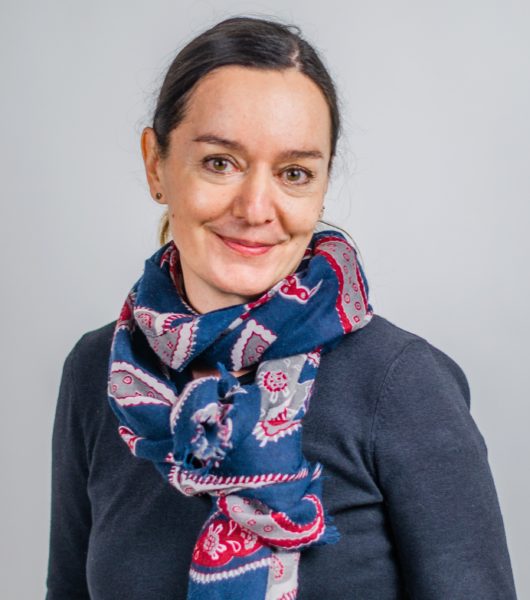MIMEX testbed in Trento launched at FBK
The new shopping experience environment has been created to validate the actual effectiveness of the applicable solutions. A space with the basic configuration of a store that will facilitate the development of options to be used in different contexts.
MIMEX is a Fast Track To Innovation European project that aims to develop a complete solution for retailers to deploy cashierless and modular micro-markets, also available in a mobile version. A pleasurable experience that will meet any shopper’s needs, reducing waiting times and facilitating checkout. All this will guarantee a sustainable business for the retail industry and a smart experience for customers. Mimex offers high-tech solutions for easy management through the use of low-cost sensors (e.g. cameras, weight sensors, RFID, etc) on smart shelves/racks that will automatically detect products being bought.
In this way, Mimex can ensure Safe Covid-19 shopping – automatically detect and enforce hand sanitizing, temperature checks, distancing. Mimex creates a new form of frontline public service (mobile smart physical shops with areas between 30-80 m²), capable of taking products safely to the people who cannot, or do not want, to go to big, busy supermarkets during pandemics. The retail system is now facing changes in dimensions and management costs: today’s opportunity is creating economies of scale that small retailers would not be able to achieve on their own.
With a previous project (SpinRetail), Spindox Labs had already developed systems to monitor movements and customer behavior inside points of sale, with the aim of preventing shoplifting. From there, with the collaboration of FBK’s Energy Efficient Embedded Digital Architectures and Technologies of Vision research units, an AI platform had been created that could generate real-time alerts of out-of-stock products and could make recommendations to customers on what to buy according to what was already in their cart. Such profiling of the shopping habits was made possible by employing Deep Learning techniques in the Computer Vision area, storing large amounts of data that could be processed through Data Science.
In order to imagine this new shopping experience, we can describe it in 3 simple steps:
- A check-in area where shopper identity is established.
- A self-service area where products can be found, picked up and placed in the shopping bags.
- A check-out area where customers’ accounts are debited according to the items they have selected.
For the past months, at FBK’s Povo (Trento) Hub, Spindox Labs has curated, in collaboration with project partner CEFLA, a testbed to test the efficacy of the applicable solutions to the retail points of sale. The space has a basic store structure and is designed for the development of solutions that are applicable in different contexts. The next step is the creation of two pilot installations: an indoor one at the operative centre of Hepsiburada, Istanbul and an outdoor one in the Technological Park of Andalusia in Malaga. In both scenarios, the solutions developed in Trento will be further expanded. The goal is to reach, by the end of this year, a validation of such technologies, which necessarily includes the evaluation of the impacts of the solutions proposed in real contexts. After that, MIMEX will finally be ready to explore market opportunities on a European scale.
Through the FBKJunior program, FBK has been working for years with schools to nourish young people’s curiosity towards knowledge and foster the critical spirit they need in order to make more informed choices about future paths. We do this by encouraging the encounter between different schools and professional tutors, involving the research units of the Foundation and taking advantage of our network of partners. For the realization of the graphics for the MIMEX testbed, we involved a group of fourth year students of the Artigianelli Pavonian Institute for Graphic Arts within the Artimpresa program, the hands-on laboratory in which the students are required to work on real orders, following the creation of the graphic product personally, from the customer’s request to the final delivery. The students followed all the development phases of the graphic project for the MIMEX Box, the inspection of the spaces, the delivery of the first graphic sketches, the development of the chosen proposal, the identification of the supplier company and the cost estimate, the supervision of the installation.
In the video, the assembly of the smart shop and the graphic design.




